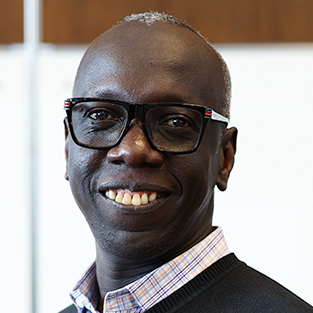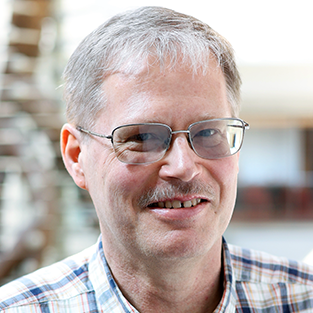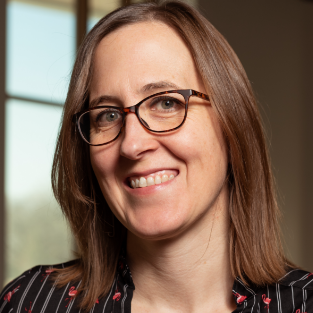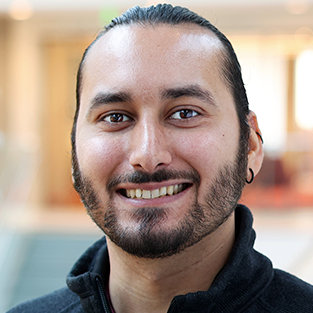
Program Overview
InSPIRE was funded in 2020 by the U.S National Science Foundation (NSF) Advancing Informal STEM Learning (AISL) to Investigate the Development of Science, Technology, Engineering and Mathematics (STEM)-Positive Identities of Refugee Teens in a Physics Out-of-School Time Experience.
This program aims to address the underrepresentation of refugees, who are often racial and ethnic minorities, non-native English speakers, and economically disadvantaged, in STEM disciplines through three major sets of activities:
Collaboration
INSPIRE brings together a coalition of scientists and education researchers from University of Utah, Utah State University, Utah Department of Workforce Services Refugee Services Office (RSO), as well as the National Institute for Subatomic Physics (Nikhef) in Amsterdam, the Netherlands. It builds on a solid foundation of two existing programs, REFUGES at the University of Utah and HiSPARC in the Netherlands.
Participants
InSPIRE participants are students from REFUGES afterschool program. They participate in the INSPIRE activities two days per week, and one Saturday per semester during the afterschool hours.
Research
InSPIRE team carries out research and evaluation to answer the following research question and sub-question:
- Do students author convergent or divergent disciplinary identities across the contexts, relationships, and modes of interaction afforded by INSPIRE over the course of the study?
- Under what conditions do students author specific disciplinary identities (e.g., physics and computing) versus more general science or STEM identities?
InSPIRE Gallery
InSPIRE Leadership Team






















Advisory Board
The role of the five advisory board members is to serve as a critical friend; provide counsel and advice on, and an external review of, the project’s implementation and research efforts and findings, and provide a summative expert review on the project as a whole at the end of the project.
- Edna Tan, Professor, Science Education, University of North Carolina at Greensboro
- Minjung Ryu, Associate Professor, and Director of Undergraduate Studies Chemistry
- Priya Mohabir, Senior Vice President, Youth Programs and Museum Culture at New York Hall of Science
- Larry Madden, Educator, Retied Interim Superintendent Salt Lake City School District
- Robert Simbe, Outcomes Director, English Skills Learning Center
External Evaluation Team
External evaluation for the INSPIRE Program is provided by Inverness Research, which specializes in the evaluation of educational programs. Inverness will also facilitate the work of the advisory board.
